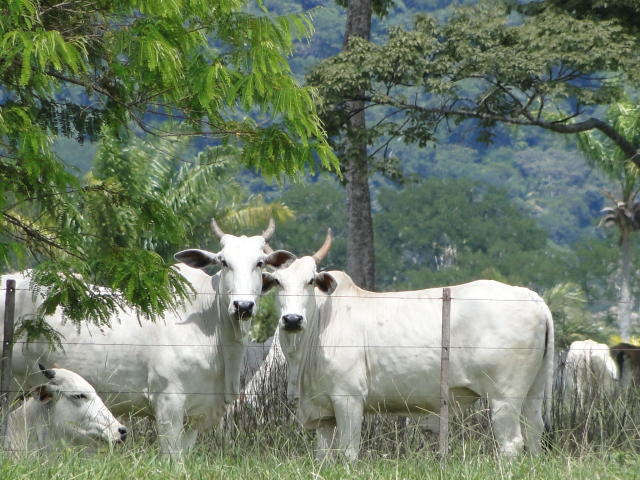In the Southeast region, Iglesias states that China-standard animals showed the opposite trend, with rising prices and deals above the average reference in the last week of January, although at lower levels compared to those recorded at the end of December last year.
“A highlight throughout January was the very significant beef exports, although the average price per ton was lower. “This factor should make it impossible for industries to pay more for the arroba of beef, keeping prices at lower levels throughout the year,” says the commentator.
Exports
Exports of fresh, frozen or chilled beef from Brazil generated US$ 775.883 million in January (22 business days), with a daily average of US$ 35.262 million. The total amount exported by the country reached 160.191 thousand tons, with a daily average of 7.281 thousand tons. The average price per ton was US$ 4,849.90.
Compared to January 2022, there was a 2.5% increase in the average daily export value, a 10.8% increase in the average daily quantity exported and a 7.5% depreciation in the average price.
The data was released by the Foreign Trade Secretariat.
Forward prices
The prices per arroba of beef cattle in the forward modality in the main trading centers in the country were as follows at the end of January:
In São Paulo (SP), the reference was R$ 285 per arroba, a decrease of 1.72% compared to R$ 290 at the end of December.
In Minas Gerais, prices were R$ 280 per arroba, an increase of 1.75% compared to R$ 275 at the end of December.
At the same time, in Dourados (MS), the price was R$255, a drop of 3.77% compared to R$265 at the end of December. At the same time, in Cuiabá (MT), R$250 per arroba, a drop of 2.34% compared to R$256 at the end of 2022. Finally, in Goiânia (GO), R$265 per arroba, a drop of 5.36% compared to R$280 at the end of 2022. Beef: wholesale registers slow demand and falling prices The beef market showed falling wholesale prices throughout January. This condition, in a way, contributed to the industry’s decisions to put pressure on the prices paid per arroba. According to Iglesias, the competition between beef and other competing proteins, such as chicken and pork, was very fierce throughout January, which ended up reducing demand and causing prices to fall.
The forequarter, in turn, was priced at R$14, a 6.9% drop compared to the R$14.90 priced at the end of last year.
Finally, the hindquarter was priced at R$20 per kilo, a 3.38% drop compared to the R$20.70 recorded at the end of December.
Source: Canal Rural

